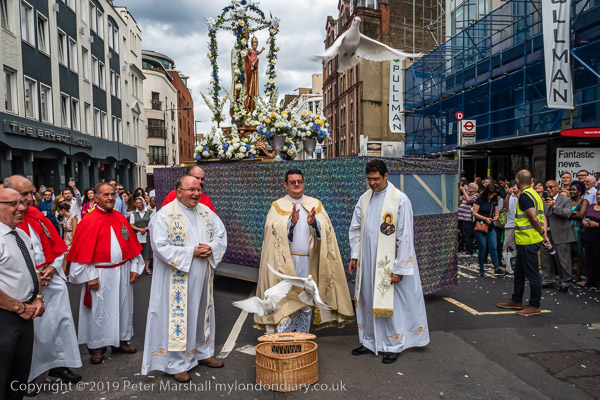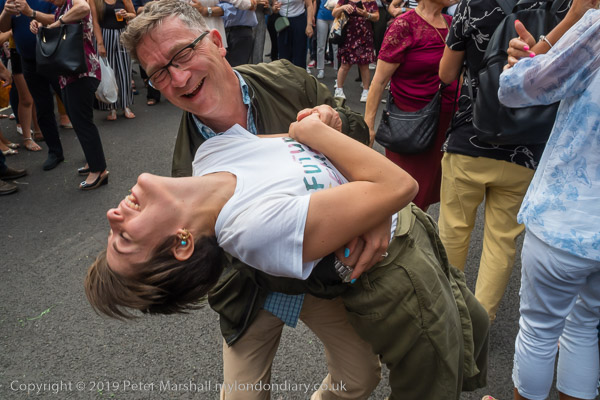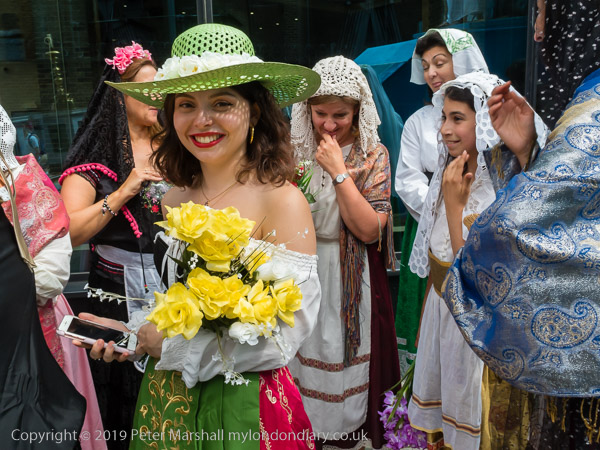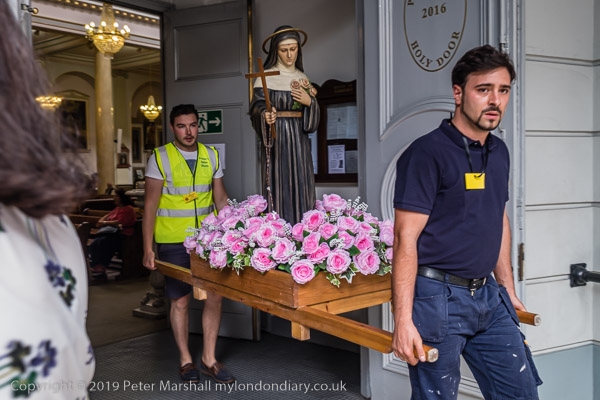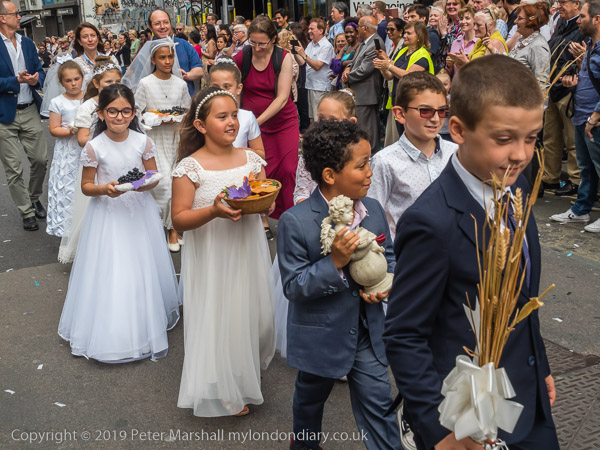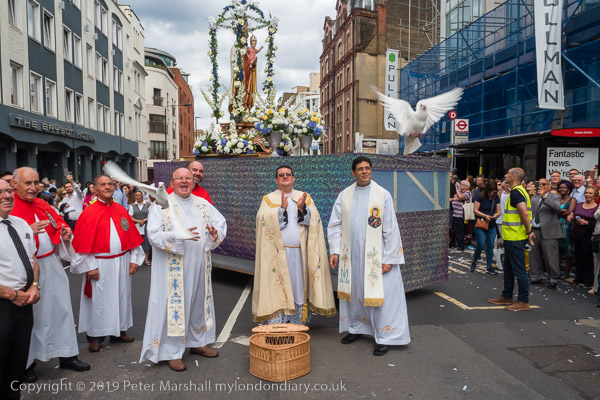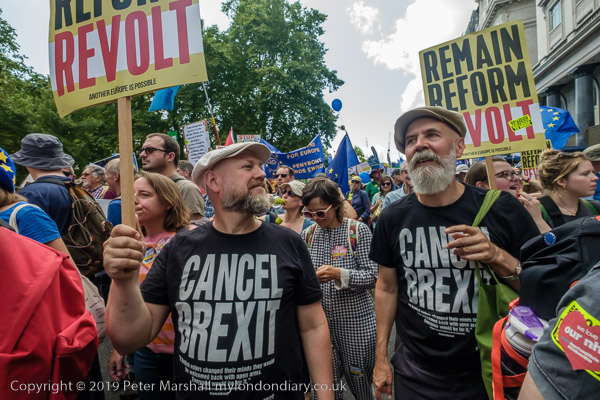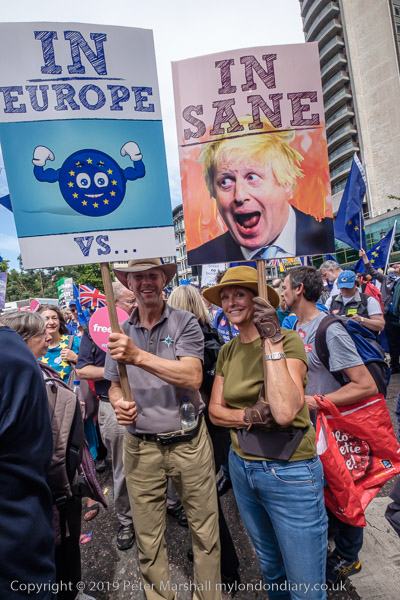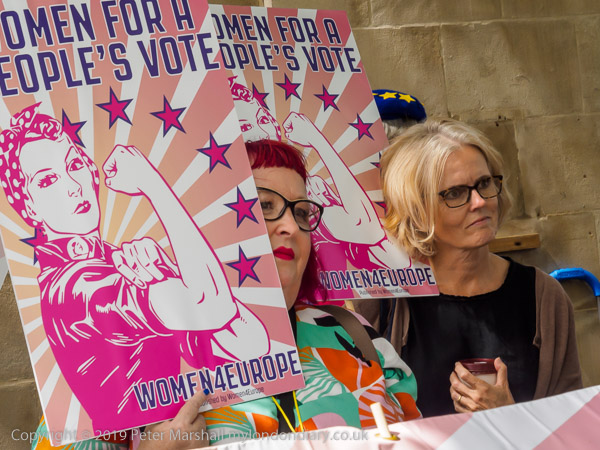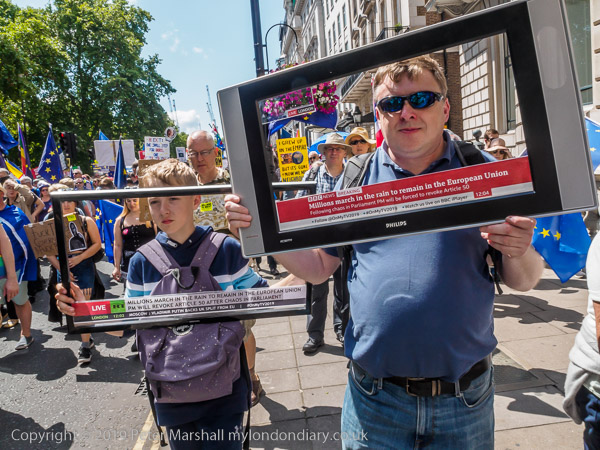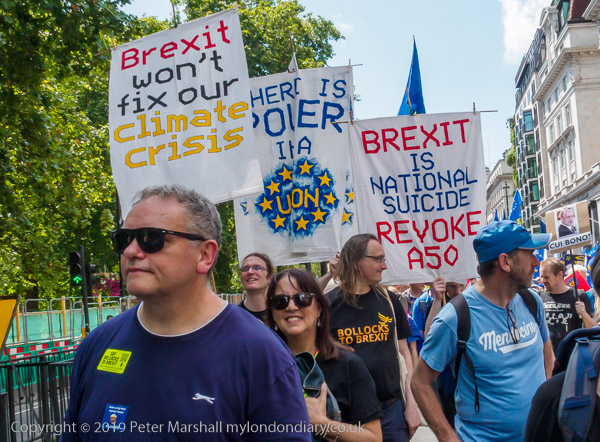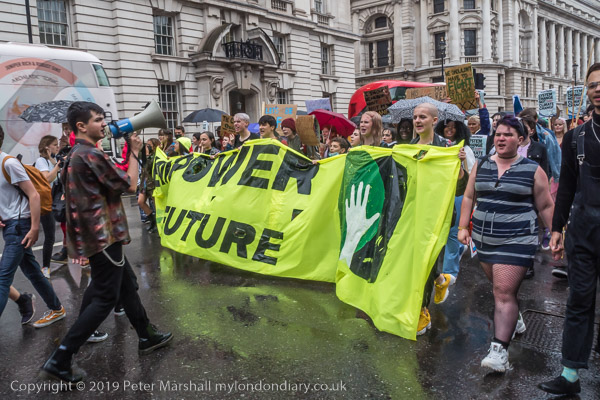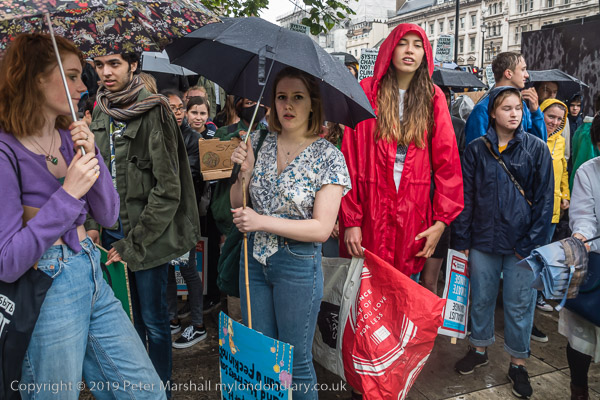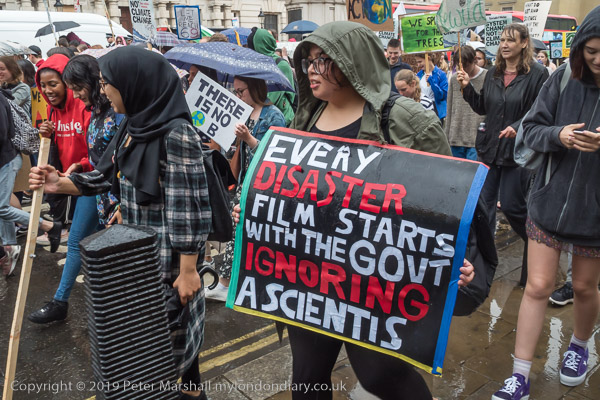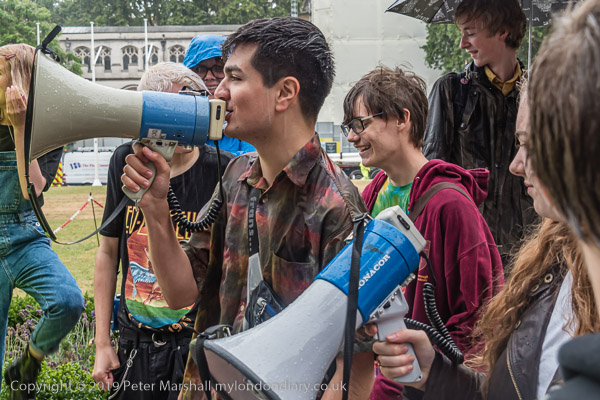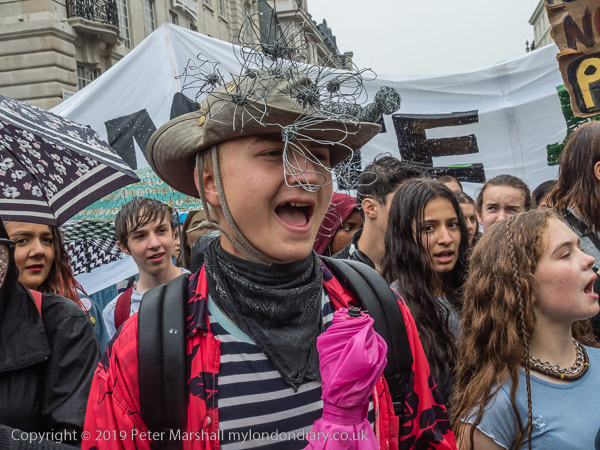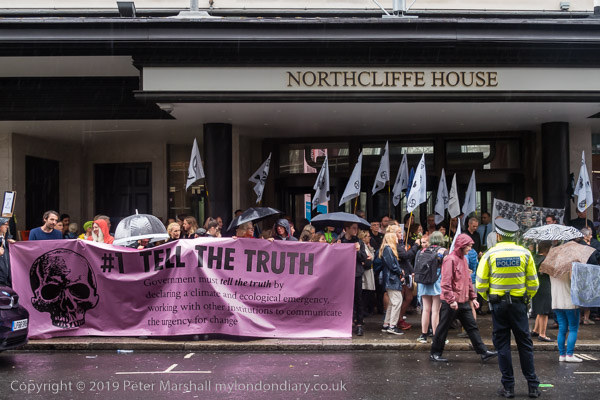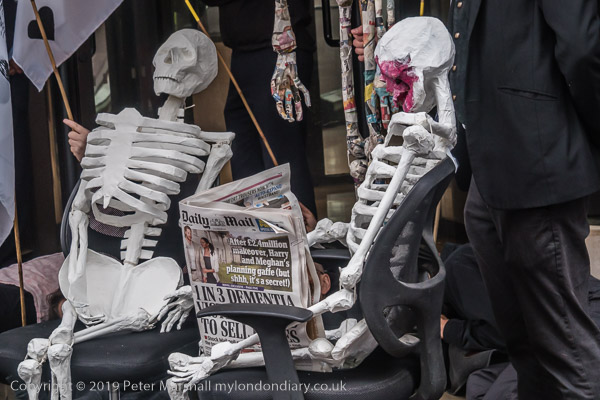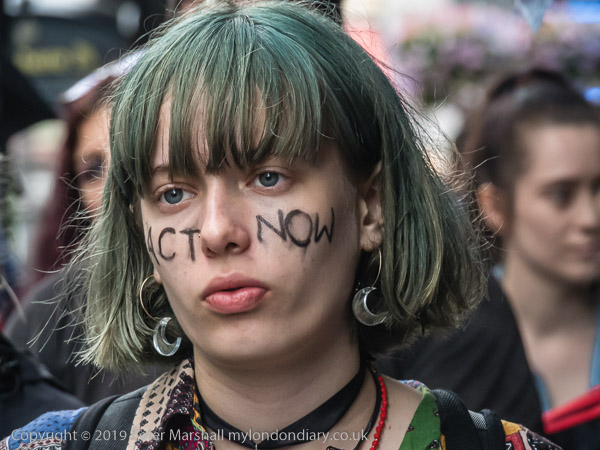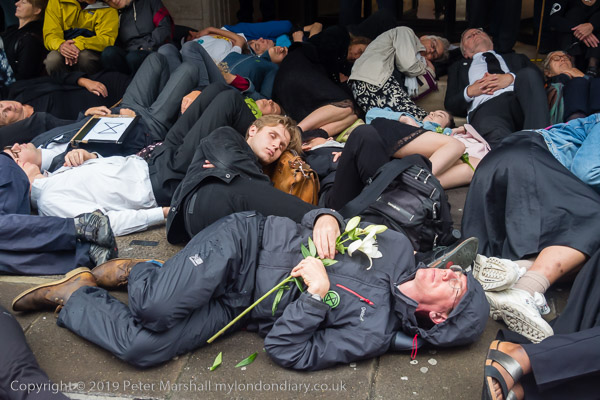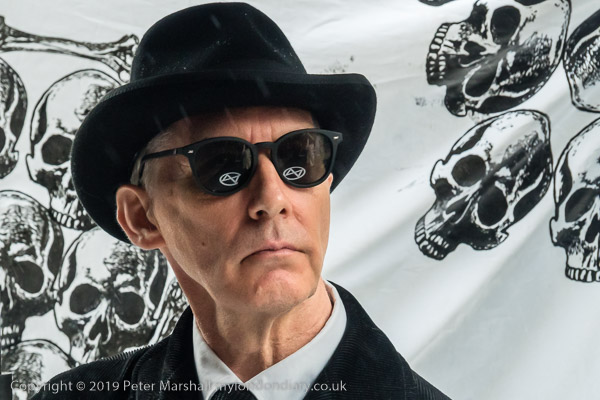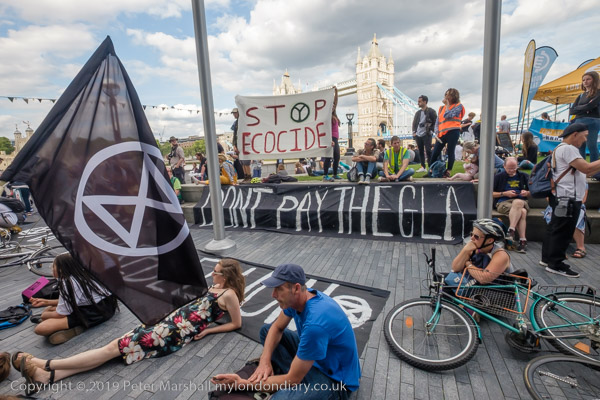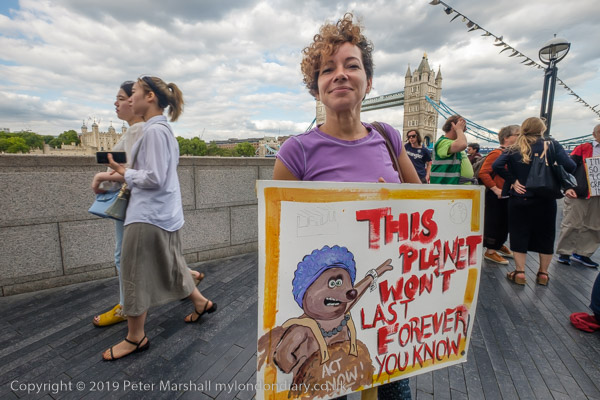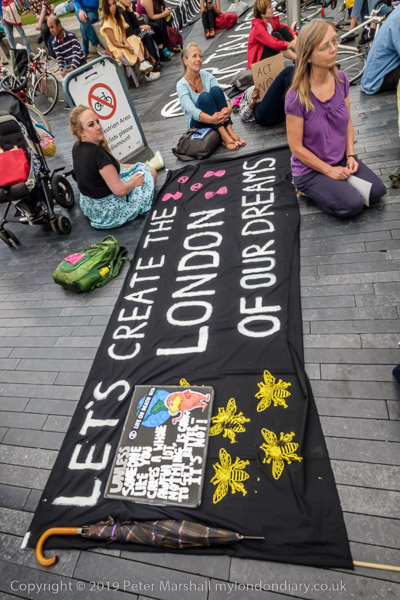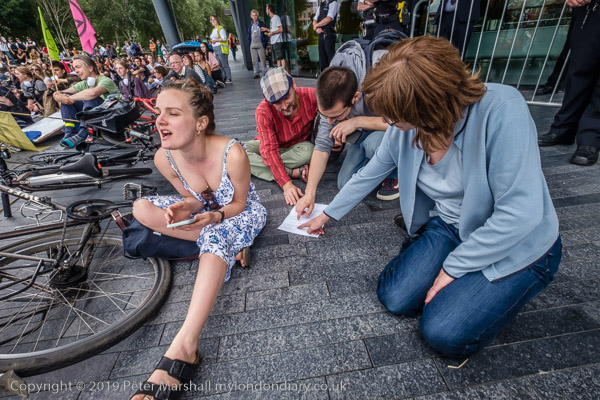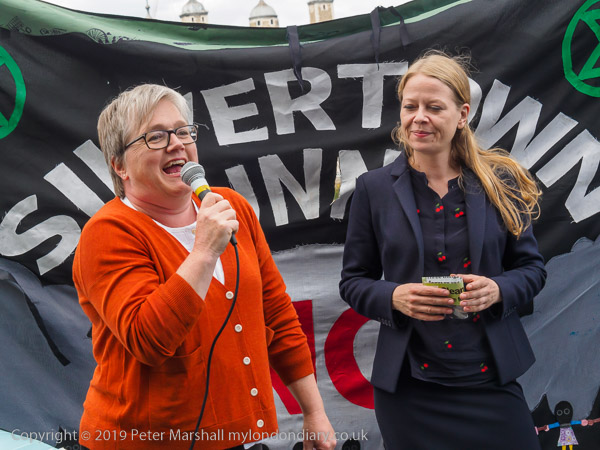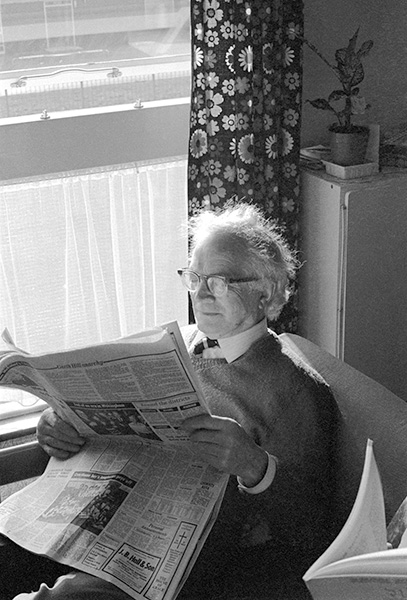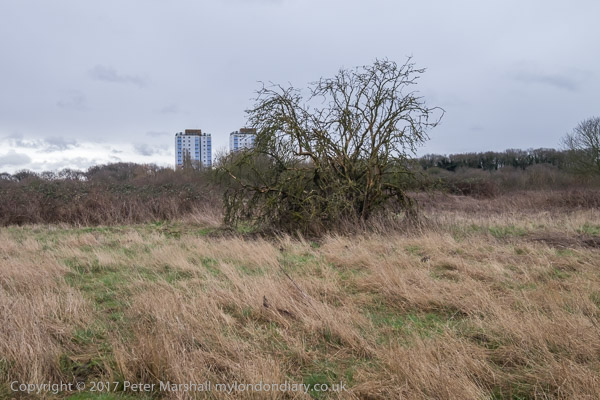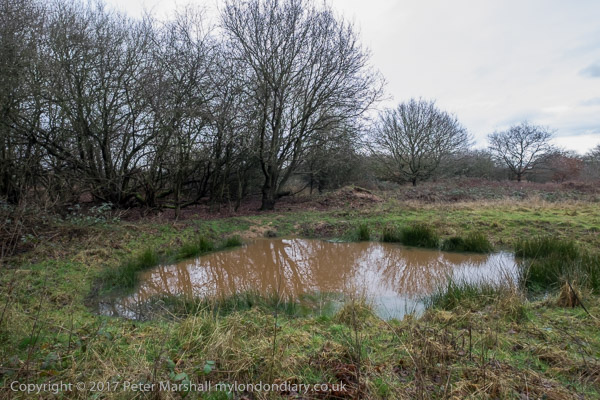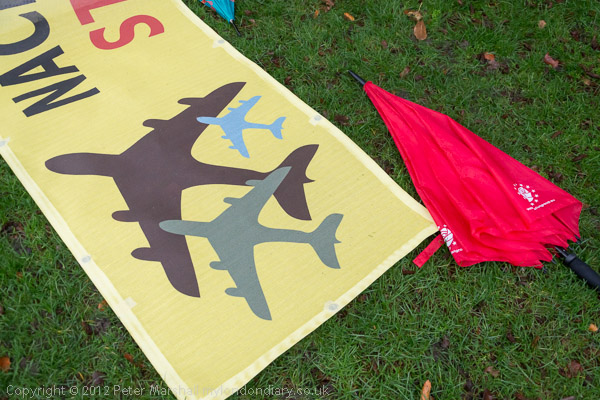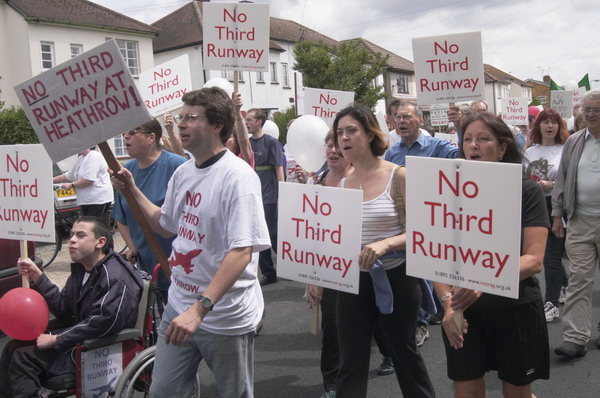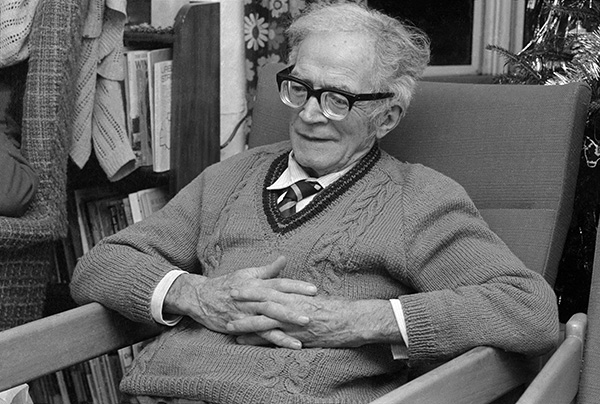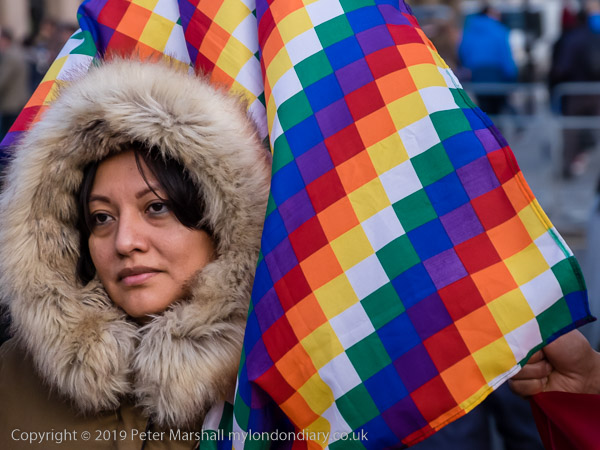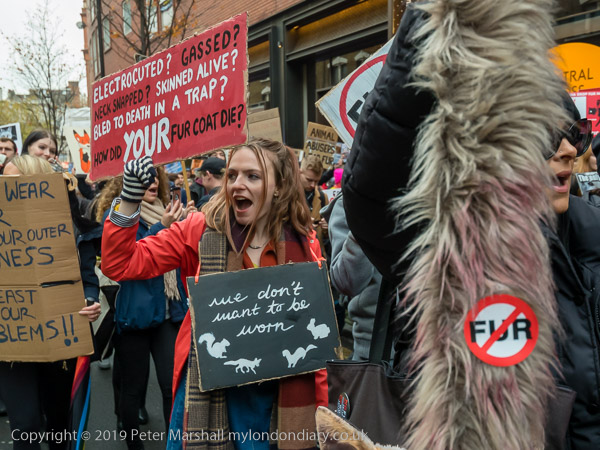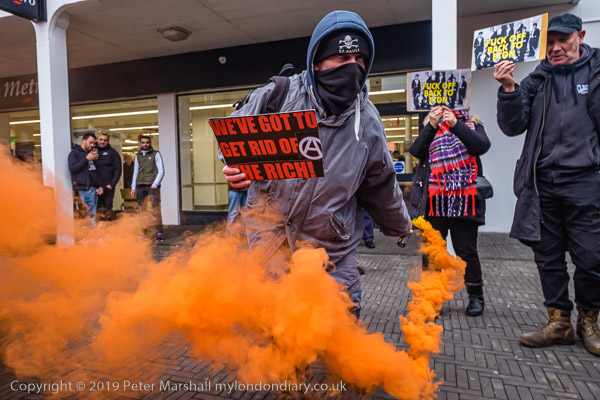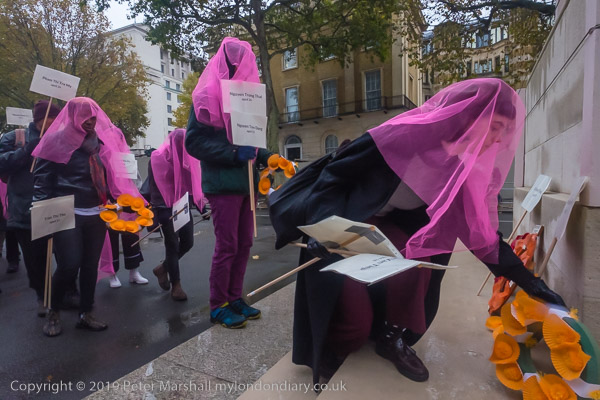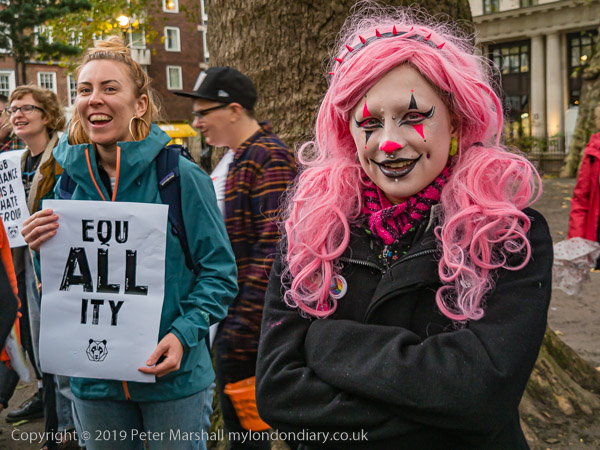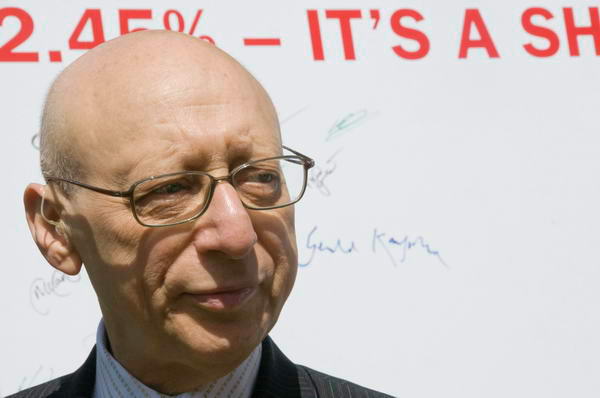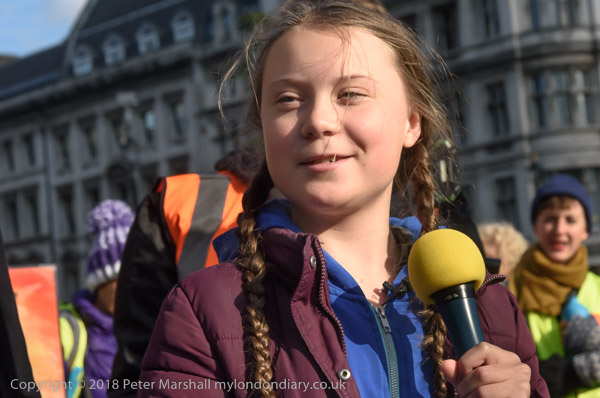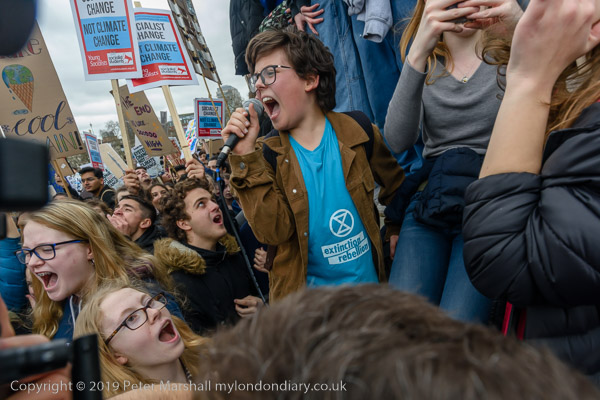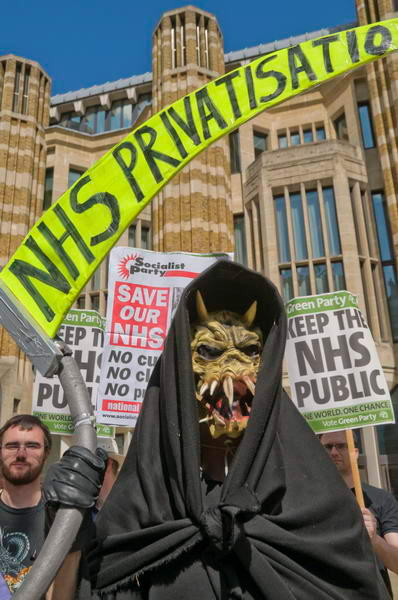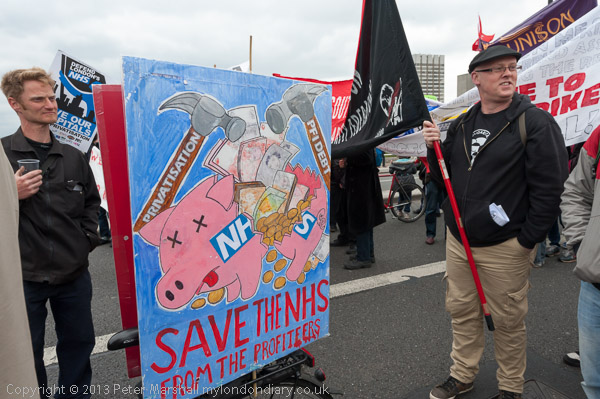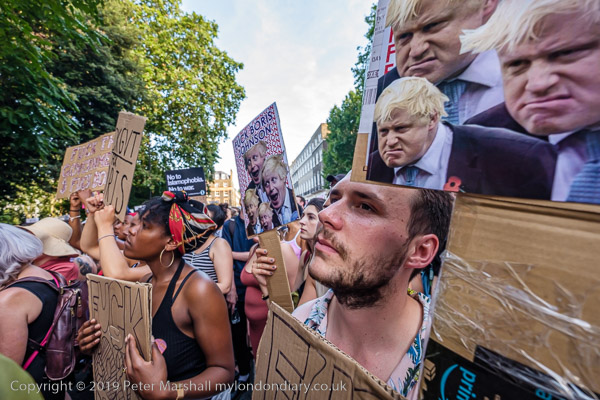
I’ve long believed it was time to reform our voting system, and recent events have reinforced that conviction.
The total UK population is thought to be around 67.7 million, of which around 53 million are old enough to vote, but only around 47.6 million are registered to vote. The other 5.4 million either are not eligible for some reason or can’t or haven’t bothered to register. Only 32million actually voted – 67.3% or roughly 2/3 of those registered. The number who voted in what the media calls a landslide for the Conservatives was just under 14million. Just over a quarter of the adult population.
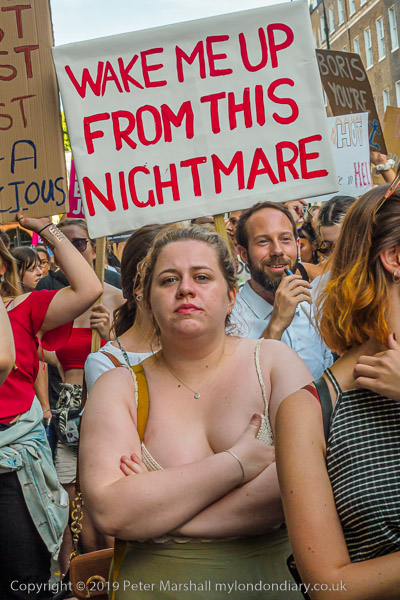
It was of course more votes than the Labour party, though the actual number of MPs hugely overestimates the difference because of the way in which voters are distributed around the seats. Labour’s seats roughly represent their 32% share of the votes, while the Tories got around 28% more seats than their vote would suggest.
While the Conservatives benefit hugely from our voting system, and Labour don’t fare to badly, the smaller parties in England lose out hugely. The Lib Dems got 11.5% of the votes and only 1.7% of the seats and the Green Party with a 2.7% vote share only have 1 MP rather than the 17 or 18 that a fair share would give. Added to this is the fact that many people who might well vote for the Greens or Lib-Dems in a fair system know that a vote for them is wasted and instead vote for one of the major parties.
On 24th July the protest was not about the results of a general election, but of a Prime Minister who had been selected as the result of votes by Conservative MPs and then members of the Conservative Party alone, less than a hundred thousand people in all. It was difficult to argue against the conviction of the protesters that he had no mandate from the people.
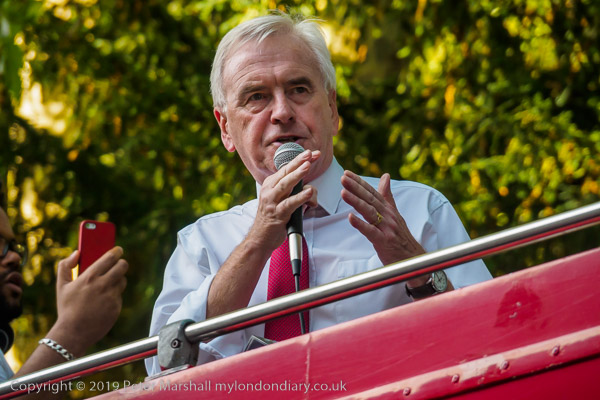
Among those who spoke was the then Shadow Chancellor John McDonnell, and while I agreed with most of what he said, it was hard not to think that the reason we have such an unfair electoral system is that both major parties rather like its unfairness. It is rather harder for Labour to get MPs because of it, but it does mean that they have a better chance of an overall majority in those elections where they do well.
Of course the electoral system is only one factor that makes politics in this country unfair. We also have a system that allows the wealthy still to make huge political donations (and Labour benefits from the support of some trade unions, though on a smaller scale.) More important still is the way that we have a so-called ‘free press’ which is largely owned by a small group of billionaires who are allowed to get away with lies and misinformation about political parties, their policies and personalities.
It was Neil Kinnock, the Labour Party leader in 1992 who blamed The Sun as a major factor in his losing the 1992 election – it ended a long and relentless campaign of what he named as “misinformation and disinformation” with the famous election day headline, “If Kinnock wins today will the last person to leave Britain please turn out the lights.” And at the following election when The Sun had changed sides to back Tony Blair, the paper again made its claim “It’s The Sun Wot Won It“.
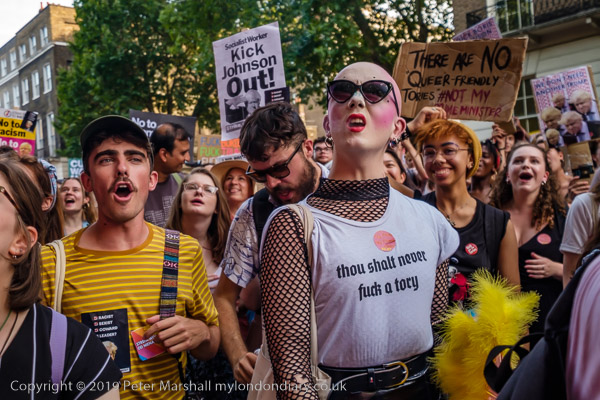
And while it isn’t hard to think of fairer alternatives to the current electoral system – including some that retain a constituency connection for most MPs with a list approach to redresses most of the electoral imbalances, it is rather harder to think of some way to redress the irresponsibly used power of the press. It would be nice perhaps to have some kind of publicly funded media organisation (perhaps through a licence fee) which devoted itself to fair and unbiased editing and reporting! Unfortunately Lord Reith is long dead.
The rally in Russell Square was extremely crowded and I got very tired, and went home rather than face the march to Downing St, where the protest got rather more interesting (and certainly even more photogenic.)
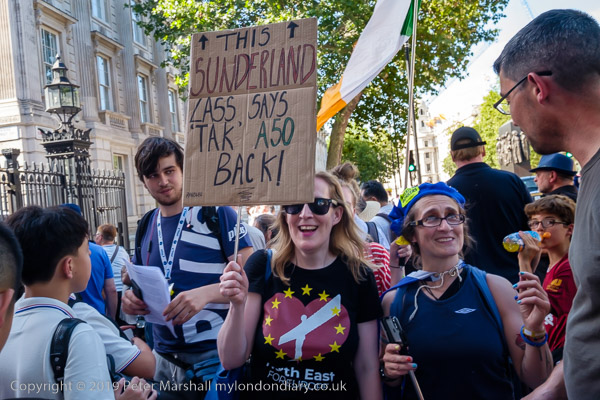
I’d been to Downing St earlier and things had been very quiet, and protesters I’d expected to see there had already left. If I’d been thinking clearly I would have realised that they would return later and taken the tube back to Whitehall rather than missing out on the action there.
